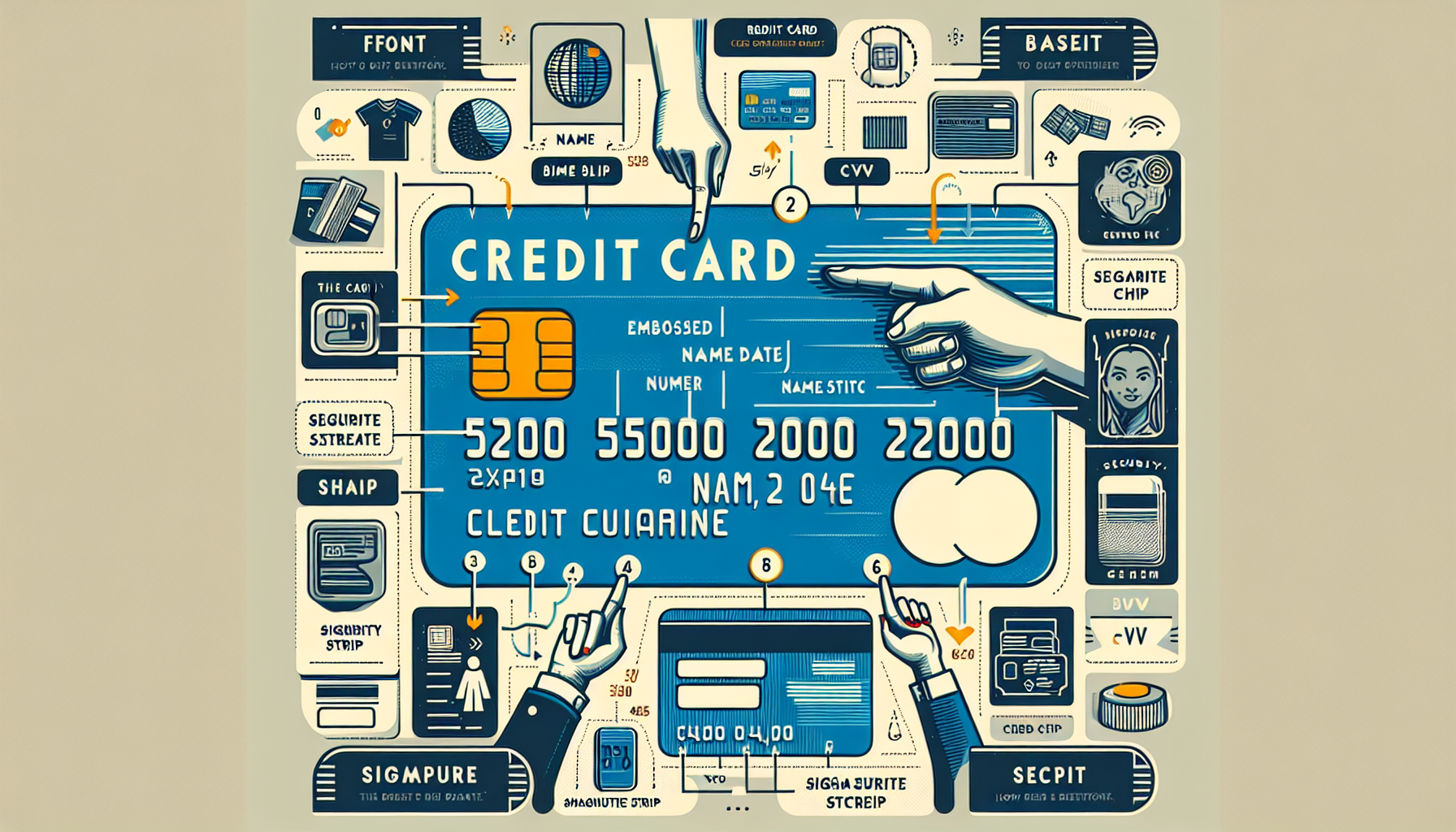Introduction to Understanding Credit Cards
Credit cards have become an integral part of our daily financial transactions. They offer convenience, security, and flexibility in managing our expenses. However, it is crucial to have a clear understanding of how credit cards work to make informed decisions and avoid falling into debt traps. In this article, we will delve into the basics of credit cards, including key concepts and terms that you need to know to navigate the world of credit.
Key Concepts and Terms related to Credit Cards
1. Credit Limit:
The credit limit is the maximum amount of money that you can borrow on your credit card. This limit is determined by the credit card issuer based on your creditworthiness, income, and other financial factors. It is important to stay within your credit limit to avoid over-limit fees and negative impacts on your credit score.
2. Interest Rate:
The interest rate, also known as the Annual Percentage Rate (APR), is the cost of borrowing money on your credit card. It is expressed as a percentage and can vary depending on the type of transaction (such as purchases, cash advances, or balance transfers) and your credit history. Understanding the interest rate is crucial as it determines how much you will pay in interest if you carry a balance on your credit card.
3. Minimum Payment:
The minimum payment is the smallest amount you are required to pay each month to keep your credit card account in good standing. It usually consists of a percentage of your outstanding balance plus any fees and interest charges. While making the minimum payment can help you avoid late fees and penalties, it is important to pay more than the minimum to reduce your overall debt and interest costs over time.
Having a solid understanding of credit cards is essential for responsible financial management. By familiarizing yourself with key concepts and terms related to credit cards, you can make informed decisions, avoid costly mistakes, and effectively utilize the benefits that credit cards offer. Remember to always read the terms and conditions of your credit card agreement, monitor your spending, and pay your bills on time to maintain a healthy credit profile.
